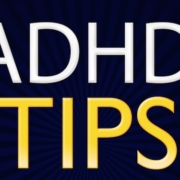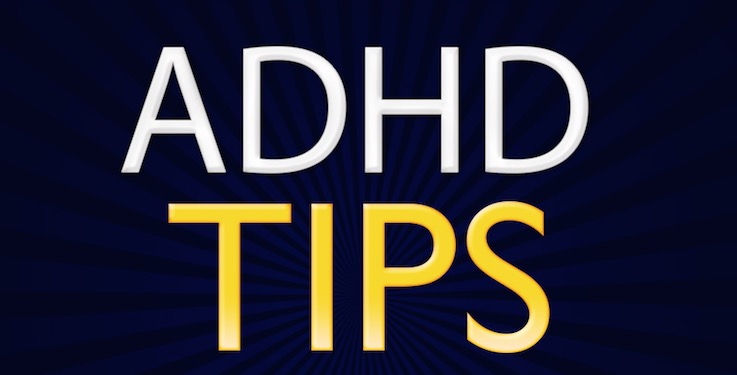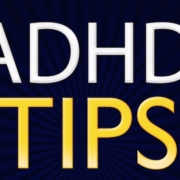ADHD and Decision Fatigue: Why Even Small Choices Can Feel Overwhelming
ADHD and Decision Fatigue: Why Even Small Choices Can Feel Overwhelming
 ADHD and Decision Fatigue: Why Even Small Choices Can Feel Overwhelming
ADHD and Decision Fatigue: Why Even Small Choices Can Feel Overwhelming
Ever found yourself standing in front of the fridge, completely stuck on the simple question: “What’s for breakfast?” Or maybe you’ve scrolled through Netflix for what feels like forever, unable to choose, until the whole thing just feels exhausting. If you have ADHD, that kind of overwhelm might feel all too familiar. So, let’s take a closer look at this experience—known as decision fatigue—and explore why it hits especially hard for those with ADHD.
Decision-Making and the ADHD Brain
Making choices with ADHD often feels harder because the brain processes things differently. Remembering all the options, planning each step, or even just getting started can take more mental energy. It’s difficult to filter out distractions, and focus naturally shifts toward what feels interesting—making tedious decisions especially draining.
It’s also common to feel overwhelmed by too many options or to worry about choosing the wrong one. This can lead to snapping to a decision too quickly or getting completely stuck—both of which bring added stress and mental fatigue. Because the brain works overtime to manage focus and process information, even small, everyday choices can quickly lead to decision fatigue.
Finding Ways to Cope & Manage
If you regularly experience decision fatigue, here are some practical ways to manage it:
● Try breaking overwhelming projects into smaller components; it makes getting started that much easier.
● Don’t try to hold everything in your head; Writing down plans, worries, and options helps to free up mental space.
● Actively limit your choices to prevent that paralyzed feeling.
● Notice when you feel most alert? Use this time effectively and try to avoid interruptions as much as possible.
● Swap the pressure for perfection and simply aim for progress. Treat slip-ups as learning moments, not failures.
Getting Professional Support
Trying out coping strategies is a great place to start, and they can really help. But if you’re still finding things tough—whether it’s decision-making, focus, or just feeling overwhelmed—you’re not alone.
At Pathways Neuropsychology Associates, we offer in-depth ADHD assessments and personalized ADHD coaching to help you find what works for you. Contact us today to learn more.
#top .av_textblock_section.av-av_textblock-4b54a9376293c03bbf09fa7edbc1f1cb .avia_textblock{
font-size:16px;
}
At Pathways Neuropsychology Associates we use evidence-based evaluation instruments and treatments to get you, your loved one, or your child on the path to success. If you or someone you love are struggling with the symptoms of ADHD, call now and get started!
.flex_column.av-av_one_full-d3e509f4637007bf756d5d5b286252b3{
border-width:2px;
border-color:#d9d9d9;
border-style:solid;
border-radius:0px 0px 0px 0px;
padding:20px 20px 20px 20px;
background-color:#f8f8f8;
}
The post ADHD and Decision Fatigue: Why Even Small Choices Can Feel Overwhelming appeared first on Pathways Neuropsychology Associates.
Source: ADHD
ADHD and Decision Fatigue: Why Even Small Choices Can Feel Overwhelming



 Is TikTok Spreading Misinformation About ADHD?
Is TikTok Spreading Misinformation About ADHD?



 A lot of adults live with symptoms of attention deficit hyperactivity disorder (ADHD) without even realizing it. They might overlook the challenges they face every day, blaming them on other factors. What makes it more complicated is that, unlike in children, ADHD symptoms in adults can be harder to spot. So, let’s take a closer look at how to recognize ADHD in adults and why seeking the relevant help and support is so important.
A lot of adults live with symptoms of attention deficit hyperactivity disorder (ADHD) without even realizing it. They might overlook the challenges they face every day, blaming them on other factors. What makes it more complicated is that, unlike in children, ADHD symptoms in adults can be harder to spot. So, let’s take a closer look at how to recognize ADHD in adults and why seeking the relevant help and support is so important.